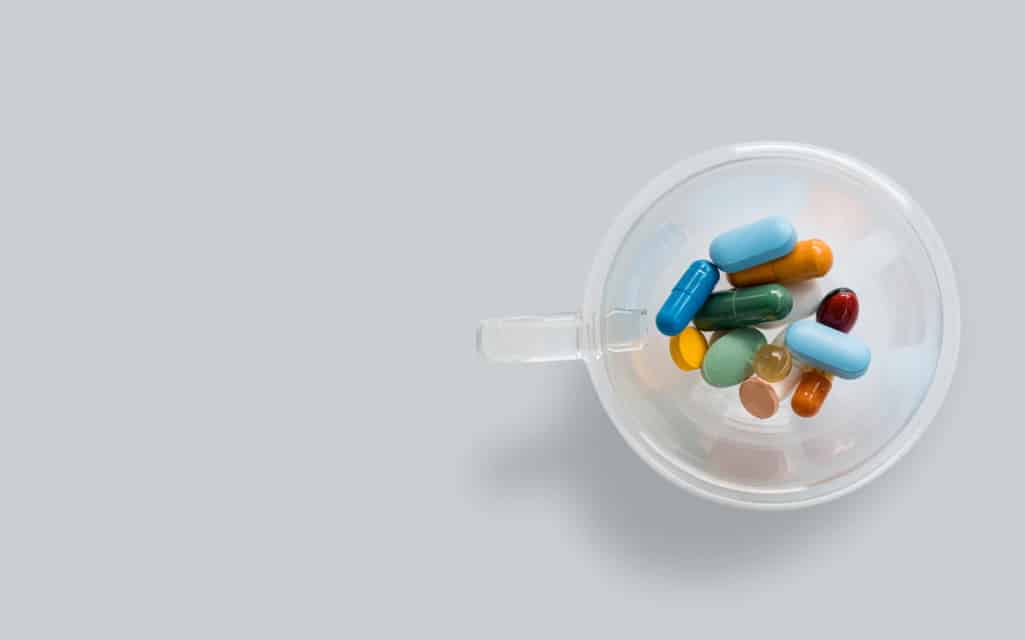Urinary tract infections (UTIs) are common infections that affect millions of people each year. For those unfamiliar with its accompanying burning sensations, you may be wondering, “what’s a UTI?” It’s an infection that develops in any part of your urinary system, including the bladder, kidneys, urethra, and the ureters.
UTIs are generally mild but can lead to severe complications if the infection spreads to the kidneys. A kidney infection left untreated may result in chronic high blood pressure, kidney disease, or even kidney failure.
While both male and female bodies can suffer from a urinary tract infection, a disproportionate amount of women report UTI-related discomfort compared to men. This disparity is due to the anatomy of women’s genitalia. Even though men aren’t typically prone to UTIs, these infections can be painful and challenging to treat once they wreak havoc on the body.
Those who experience recurrent urinary tract infections (at least three UTIs per year) may notice that these physician-prescribed rounds of antibiotics aren’t relieving symptoms as effectively. In such cases, these individuals may seek out natural remedies for their UTI pain. Some healthcare professionals recommend taking vitamins for UTI prevention, as the right vitamins can prevent certain bacteria from invading your urinary tract system.
How are UTIs treated?

Generally, doctors prescribe antibiotics to treat UTIs. However, some UTIs are stubborn. Even after the continued use of antibiotics, the infections keep recurring. Consequently, the overuse of antibiotics can lead to longer treatment times, increased medical costs, and even death.
It’s important to note that the overdiagnosis of UTIs is also common. Why is that? It’s common for individuals, especially older women, to have bacteria and white blood cells in their urine. A physician may interpret these urine test results as a sign of infection. However, in the absence of symptoms, this may not be a UTI. Prescribing antibiotics is unnecessary in this case.
Using vitamins to prevent UTIs
To avoid the overuse of antibiotics, most people consider vitamins for UTI prevention. If you fall into the vulnerable group most susceptible to UTIs, supplements play a vital role in prevention. Individuals using a catheter, those with an enlarged prostate, patients with kidney stones, or those with an enlarged diaphragm are all at risk of recurrent UTIs. Taking vitamin supplements is a proactive measure you can take to ward off UTI-causing bacteria.
How effective are vitamins in preventing UTIs?

Are vitamins beneficial in preventing UTIs? This question is commonly posed by those in the healthcare sector and those susceptible to UTIs. This article will address this query and settle any doubts you may have about supplements designed to promote urinary tract health.
Vitamin C is one of the most-searched supplements for UTI home remedies, but is it effective? Scientific studies conducted show that vitamins like Vitamin C are only useful in limiting the number of infections contracted per year and mitigating UTI-related symptoms. These supplements aren’t effective in eliminating pathogens known to cause recurrent UTIs and are, therefore, not reliable in treating existing urinary tract infections.
Vitamins indirectly contribute to the prevention of UTIs by improving your general immune system. For instance, there’s a verified link between Vitamin C and boosted immunity. An individual with a healthy immune system can fight off any infection in the body, including the urinary tract system.
According to Harvard Medical School, Vitamin C also makes the urine more acidic. Bacteria’s ability to grow is limited in an acidic environment. Dr. Suzanne Salamon of Harvard Medical School recommends taking Vitamin C in supplements of 500 to 1,000 mg. She also recommends ingesting foods like oranges, lemons, and strawberries that are rich in Vitamin C.
Research conducted by NCBI to determine the effectiveness of Vitamin D in preventing UTIs concluded that Vitamin D didn’t significantly enhance UTI prevention. However, the study recommended further research to establish whether Vitamin D could prevent UTIs if used for a longer duration and in larger doses.
As seen above, evidence that confirms vitamin supplements’ ability to prevent UTIs is limited. More research, however, is ongoing to form a conclusive scientific-based opinion. However, based on current studies, there is evidence that even though vitamins may not prevent UTIs entirely, some vitamins successfully ward off the infection.
Should I use vitamin supplements to prevent UTI?

Treatment of UTIs can be challenging, especially with the growing resistance of antibiotics, the development of life-threatening side effects, and increased recurrence likelihood. No matter your age or health status, prevention is paramount. Considering the vital role of vitamins in our immune system, using supplements and home-made solutions such as vitamins, probiotics, and cranberry is recommended.
However, before adopting a supplement into your self-care routine, you should understand that even though vitamin supplements are generally safe, they should not be overused. If you exceed the recommended dosage, these vitamin supplements can irritate the bladder, leading to inflammation. To avoid life-threatening consequences, follow the instructions outlined by your doctor. You should also inform your pharmacist of any existing health conditions before taking the supplements.



